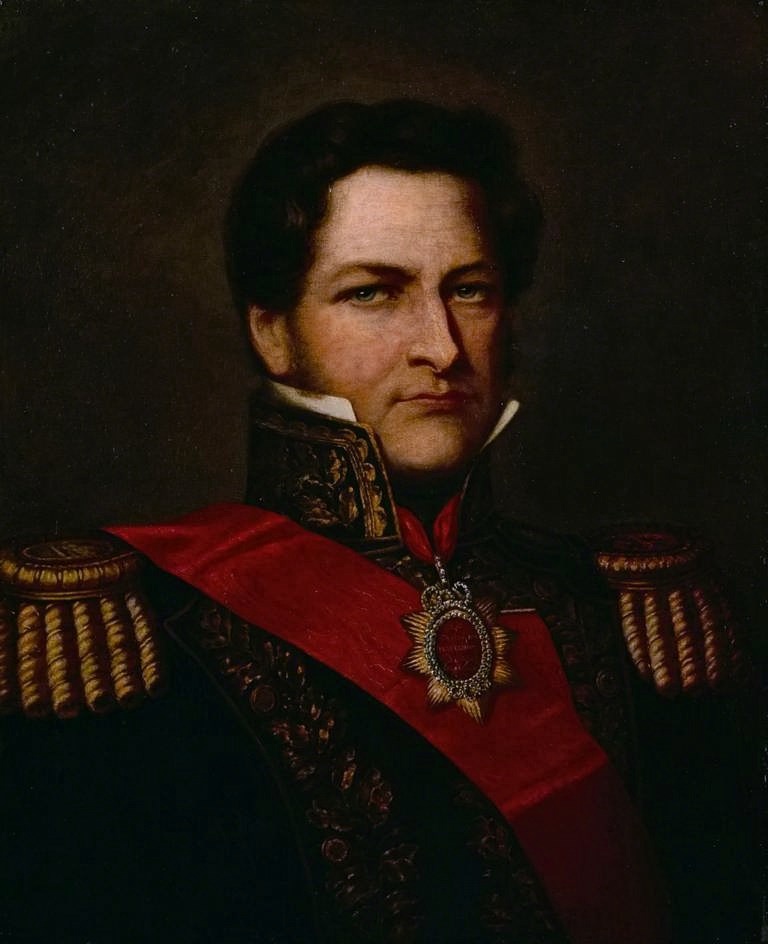Caudillismo in Latin America developed when political consensus post independence disappeared. Politics was governed by the elite and policy was not appropriate in newly independent countries. Seeing this vacuum in political power, authority, and direction; caudillos were the next logical step in the political development in many of these countries. Argentina got Juan Manuel de Rosas; Mexico, Antonio Lopez de Santa Anna; Colombia, Tomas Cipriano de Mosquera; etc.
Caudillos came to power in unorthodox ways. Some gained support from the masses by being charismatic and using strong discourse aimed at the general population, others gained support from the military and then staged coups, and some others had money, influence, and ideas that people really liked. Caudillos generally promised to solve social issues, gave minorities rights, and enjoyed power for as long as they held the peoples support.

In Argentina, Juan Manuel de Rosas, born into a wealthy family, became supreme leader of the federalist party after escalating military ranks throughout his life. Rosas became the governor of Buenos Aires, and after a campaign of military violence and state backed terrorism consolidated his dictatorship. Rosas signed the Federal Pact (military and political treaty signed by Argentine provinces to maintain sovereignty over national territory, and confront the Unitarian League; political group seeking a centralized Argentine government as opposed to a federal one) and established himself as a dictator by popular demand.
Rosas’ brutality and totalitarian nature was captured by Esteban Echeverría in his short story El Matadero (The Slaughterhouse). Unitarian by affiliation, Echeverría used this story as a political critique and exposé of Rosas’ brutality, a commentary on the social thirst for a leader like Juan Manuel de Rosas, and a model of the Porteño reality during Rosas’ time. The slaughterhouse acts as a microcosm of Buenos Aires with representations of Rosas, Unitarios, the Mazorcas, Federalists, and the rest of the general populace. The story serves as an outsiders look into the political and social most of Latin America lived during the time of Caudillos.
Caudillos, while not generally regarded as a nice time in Latin America, were necessary steps for the development of more stable governments. Lots of things were learnt in the Caudillismo era that made Latin American politics mature into something more stable and fair.